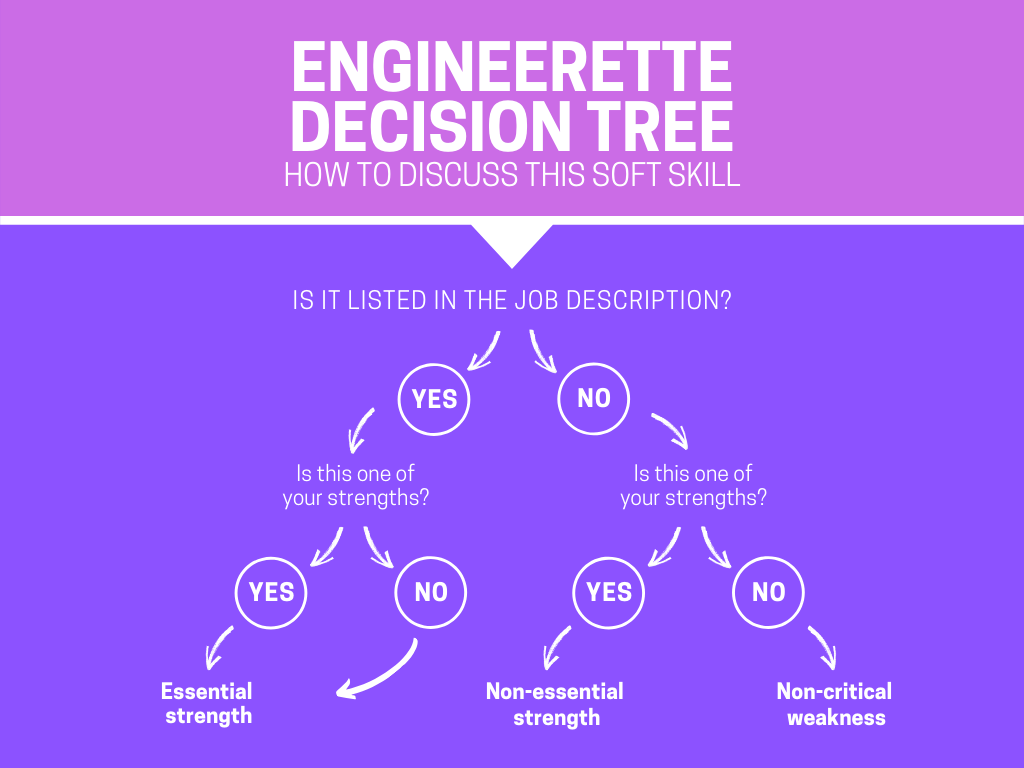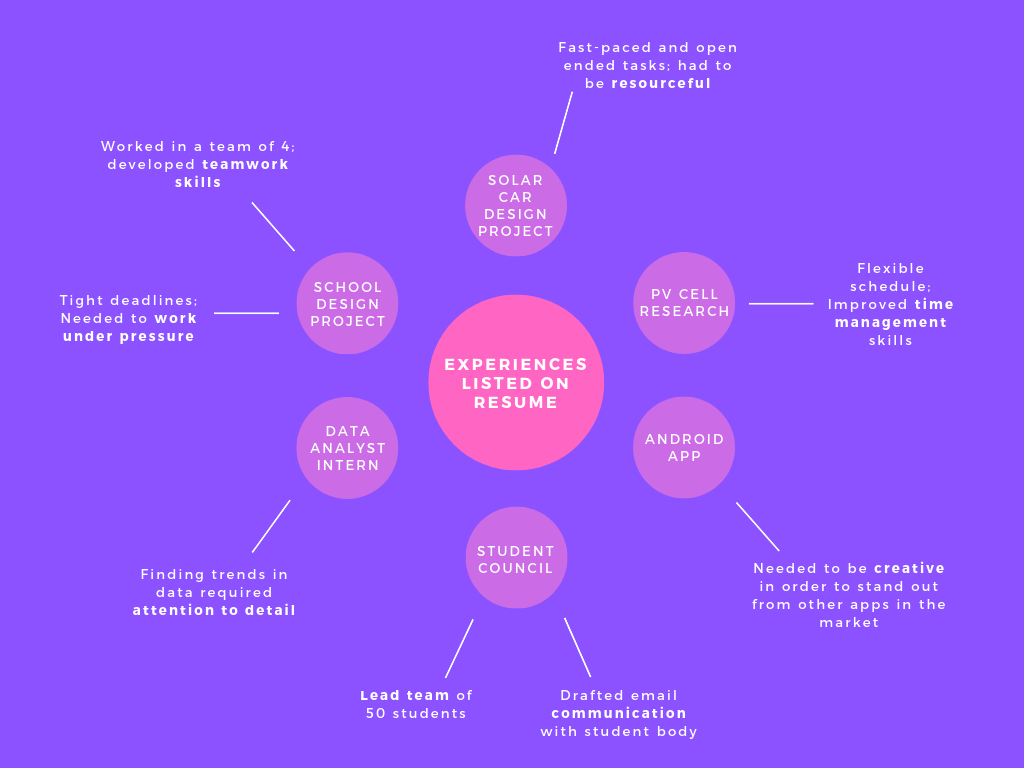Secret to Standing Out in Behavioral Interviews

Many see behavioral questions as a nuisance, while others use it as an opportunity to stand out. Whether you love them or hate them, they’re a hurdle that stands between you and your potential job. That’s why it’s important to master the art of behavioral interviews effectively.
Stop memorizing behavioral interview questions and answers
First things first, stop memorizing scripts!
Like myself, you’ve probably also:
- googled “common behavioral interview questions and answers”
- thought up answers based on their example templates
- memorized them
- recite your lines during the interview
To be honest, this method has worked in the past. However, there are also many downsides to this method:
- extremely exhausting if you have multiple interviews lined up
- cookie cutter scripts are generic and don’t target the job specifically
- your response can also appear artificial and disingenuous
- you may get stumped if you’re hit with an unprepared question
There are far more effective ways of preparing for behavioral interviews that will not only save you time but make you a standout job candidate.
Mastering the art of behavioral interviews
The biggest mistake you can make in interviews is exclusively discussing topics that you want to talk about.
Behavioral interviews are all about personality and soft skills. The interviewer is looking for a hire that fits in with company culture and possesses the key soft skills to thrive. Your goal is to convince the hiring manager that you tick all the boxes of a perfect employee. Do this by talking about what they want to hear.
Understand the key point behind behavioral interview questions
There are many different types of behavioral questions, such as:
- direct – directly asking you about your soft skills
- “Would you call yourself a team player?”
- experience – how you dealt with problems in the past
- “Tell me about a time when you had to work in a team, did you run into any problems? How did you solve them?”
- situational – hypothetical scenarios and how you would respond
- “One of your team member is not pulling their weight. How would you deal with them?”
These questions are phrased differently but their main idea is the same: “We want a team player, prove to us that you’re a team player.”
Replace team player with any other soft skill and you will find that all behavioral questions essentially boil down to a very generic main point: “We want to hire someone who has (key skill), prove to us that you have (key skill).”
Thus to effectively prep for a behavioral interview, it’s imperative to understand which key skills the company is looking for. The strategy is to plan your responses based on the key soft skills because they will most definitely be the main focus of the interview.
Identify key points to discuss during the interview
Before every interview, do a quick scan of keywords and soft skills mentioned in the job description. If you want to go the extra mile, check their company website and look up their mission statement and values.
Typical key soft skills that you’ll find in job description and company mantras are:
- initiative
- problem solving
- teamwork
- safety
- leadership
- communication
- adaptability
- innovation
During the interview, you’ll want to steer your responses towards these key topics.
Plan your approach to each soft skill
Sometimes soft skills will be brought up directly by the interviewer and other times you will have the opportunity to bring it up yourself. Based on which category the soft skill lies in, there are three different approaches to discussing it.

Essential Strength
Take initiative and bring these soft skills up when you can. Talk about how you’ve used your strengths in the past. They’re perfect for open ended questions like:
- List 3 of your strengths
- What can you bring to the team?
- What is an achievement you are most proud of?
Unfortunately, it’s very unlikely that your strengths completely align with the all the required soft skills. Regardless, you should still approach these soft skills as if they are your strengths.
If you’re struggling to think how you’ve used these soft skills, talk about how you’ve improved these skills in the past.
If you really don’t feel confident in this key soft skill, only discuss these skills if the interviewer brings it up first with skill specific questions such as:
- Describe a time when you had to use (soft skill) to solve a problem
- Give an example of how you demonstrated (soft skill)
- (Hypothetical scenario regarding soft skill), how would you deal with this?
These soft skills are essential to the job, so be extra prepared to talk about them, especially if it’s actually one of your weaknesses.
Non-essential strength
Non-essential strengths usually aren’t brought up. There’s not much reason to go into detail with it unless it can segue into a related essential skill. If the interviewer brings it up, then perfect, talk about how you solved problems with this soft skill in the past.
Non-critical Weakness
There are great skills to bring up for open ended negative questions such as:
- List 3 of your weaknesses
- Tell me about a time you failed and how you handled it
Non-critical weaknesses are perfect for these questions since it shows that you are self aware of your shortcomings. More importantly, since these weaknesses are non-essential, it would not be detrimental to your job.
Elaborate from your resume and cover letter
Even if behavioral questions don’t ask for it directly, they almost always expect an explanation of how you applied the soft skills in question. Which experiences should you mention? Well look no further than the experiences listed on your resume! After all, there’s definitely a reason why your application was selected for an interview.
As a rule of thumb, every experience listed on your resume should come with at least one short story. The main point of each story should tie back to one of the soft skills that will likely be brought up during the interview.

Tailoring your responses to their key soft skills shows that you’ve have what it takes to join the company. Backing that up with personal experience further reinforces your claims. And at the end of the day, that’s basically the only thing hiring managers look for in behavioral interviews.
